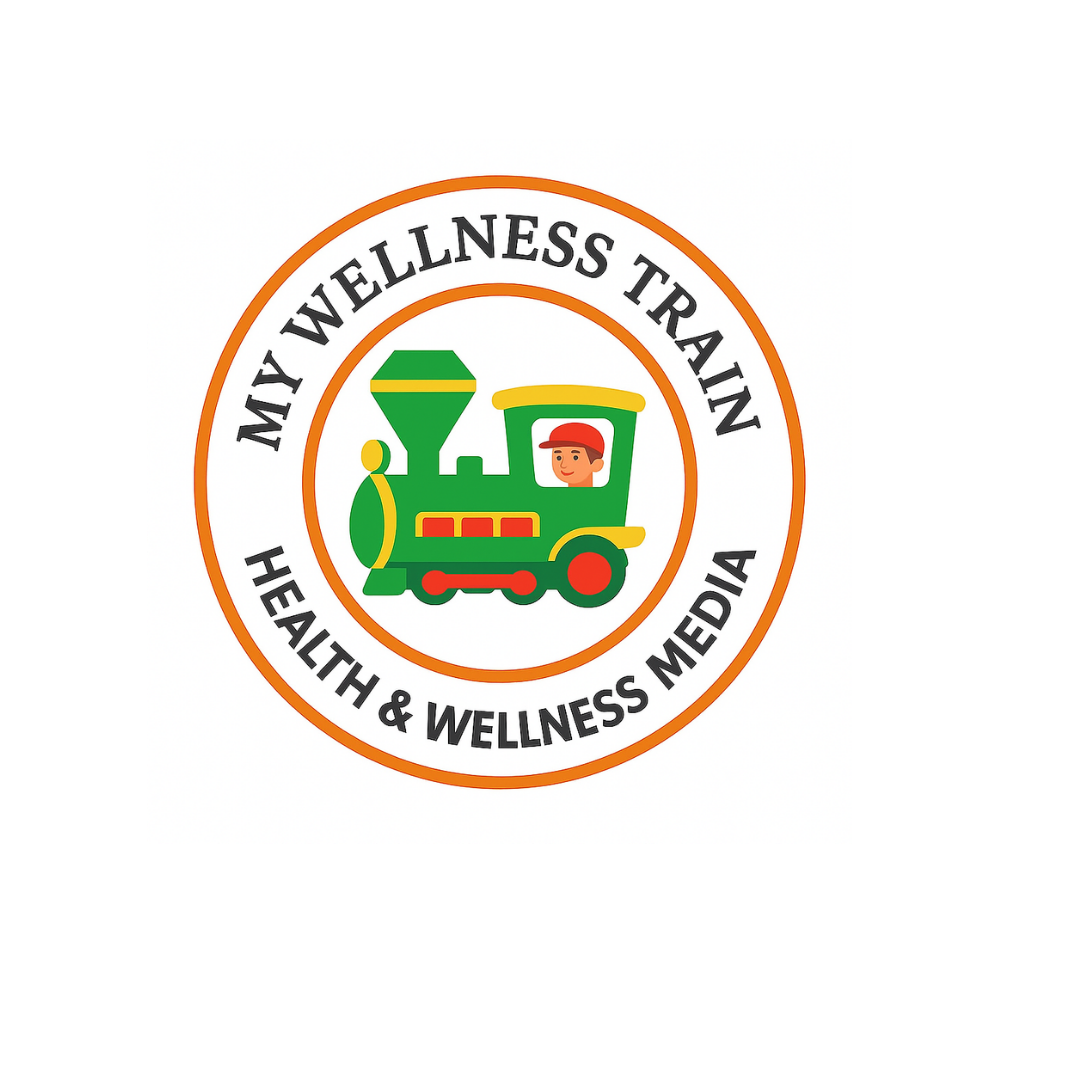
Cooking for Wellness: A Culinary Journey
One of the most enriching aspects of maintaining a healthy lifestyle involves the art of cooking—transforming healthy ingredients into delicious meals. The recent video titled Cooking with Confidence: Master Kitchen Humor and Easy Veggie Prep Tips dives into this theme, reminding us that the kitchen can be a nurturing ground for our physical wellbeing. By integrating humor into veggie prep, we not only make cooking enjoyable but also promote a positive relationship with food.
In Cooking with Confidence: Master Kitchen Humor and Easy Veggie Prep Tips, the discussion dives into integrating fun into meal prep, exploring key insights that sparked deeper analysis on our end.
The Importance of Empowering Your Culinary Skills
As we reach our mid-life years, our dietary needs shift significantly. Knowledge of nutritional wellness becomes crucial. Understanding how to prepare healthy meals ensures we can manage our health effectively. Essential cooking tips can make a world of difference; they enable us to whip up healthy, delicious meals in no time, leading to better dietary choices that support longevity and vitality.
Incorporating Humor into Meal Prep
Humor plays a significant role in reducing stress and enhancing mental health. Cooking, an activity that can sometimes feel mundane, transforms into a joy-filled experience. By laughing during meal prep, we not only cultivate a positive mood but also create a family bonding experience; cooking becomes a social venture where everyone can lend a hand. This aligns with the notion of social wellness, highlighting the importance of connection in maintaining emotional and physical health.
Preparation Techniques for Healthier Eating
Understanding the different methods for preparing vegetables can influence our overall health. Steaming and roasting can preserve the nutrients in veggies, so learning these techniques can lead to healthier eating habits. Furthermore, developing a habit of cleaning and cutting veggies ahead of time can lead to more consistent meal planning—an important element of a healthy lifestyle. Planning meals reduces the temptation to opt for unhealthy convenience foods, thus steering us towards a balanced diet.
Exploring New Veggie Options
Variation is key! Trying different vegetables keeps meals exciting and introduces new flavors and nutrients into our diets. The video encourages trying new veggies—a practice that not only supports nutritional wellness but also fosters creativity in the kitchen. From adding kale to soups or incorporating sweet potatoes into stir-fry, the possibilities are endless.
Creating a Wellness Routine Through Cooking
Establishing a cooking routine is a fundamental step in creating a personal wellness journey. Cooking at home allows us to control our ingredients and portions, which can ultimately lead to weight loss and healthier living. Regular meal preparation can also encourage smoother transitions into healthier habits, enhancing physical and emotional wellness. In fact, health coaching often emphasizes the importance of consistent routines in achieving wellness goals.
Mindful Cooking: Enjoying Each Moment
Mindfulness in the kitchen encourages us to be present in the moment, which is an important practice for improving emotional well-being. Whether it’s the sound of chopping vegetables or the smell of spices, being aware of our senses can transform cooking into a meditative experience. This focus can help reduce anxiety and foster a sense of peace, contributing to our overall emotional wellness.
The Joy of Sharing Meals
The act of sharing home-cooked meals with friends or family creates memories that enrich our lives. Engaging in meal sharing not only enhances our social wellness but reinforces the importance of community in promoting mental health. A simple dinner can be a platform for connection, laughter, and support, all of which are essential elements of well-being.
In conclusion, cooking not only supports physical health but also fosters emotional and mental wellness. By mastering kitchen humor and easy veggie prep tips, we can make cooking an enjoyable part of our daily routine. For those looking to embark on this wellness journey, consider the benefits of establishing consistent cooking habits and the profound change they can inspire in your life.
Take action now by integrating these cooking tips into your daily routine for a healthier lifestyle. Explore wellness programs, participate in cooking classes, or simply try out new veggie recipes!
 Add Row
Add Row  Add
Add 




Write A Comment